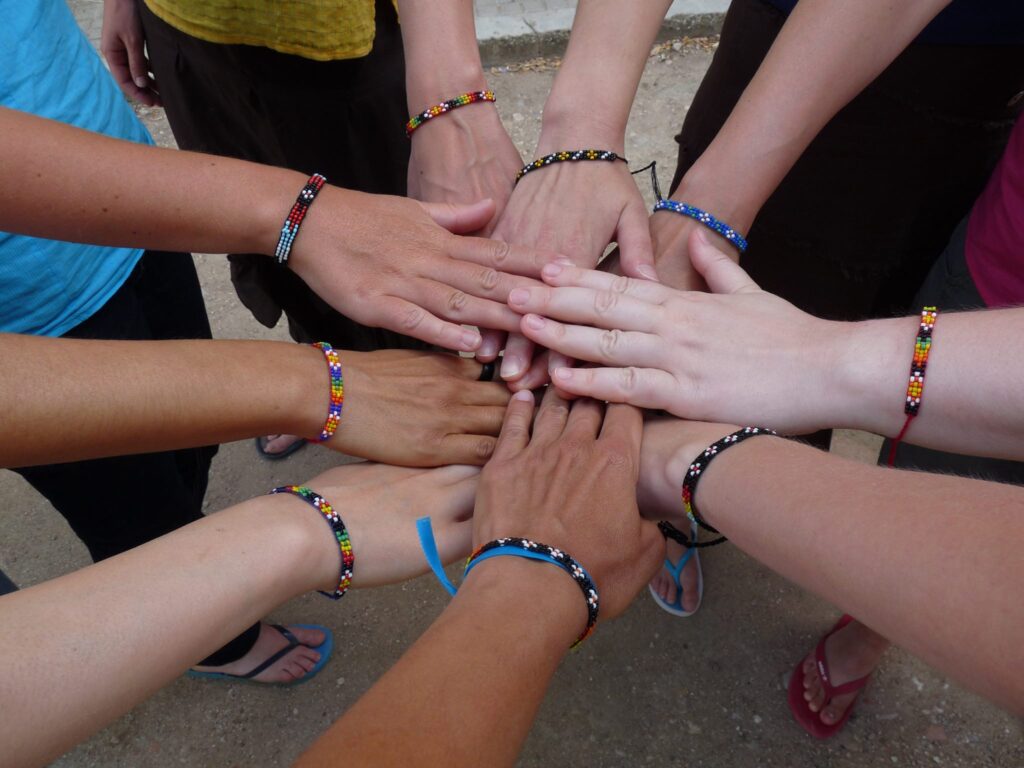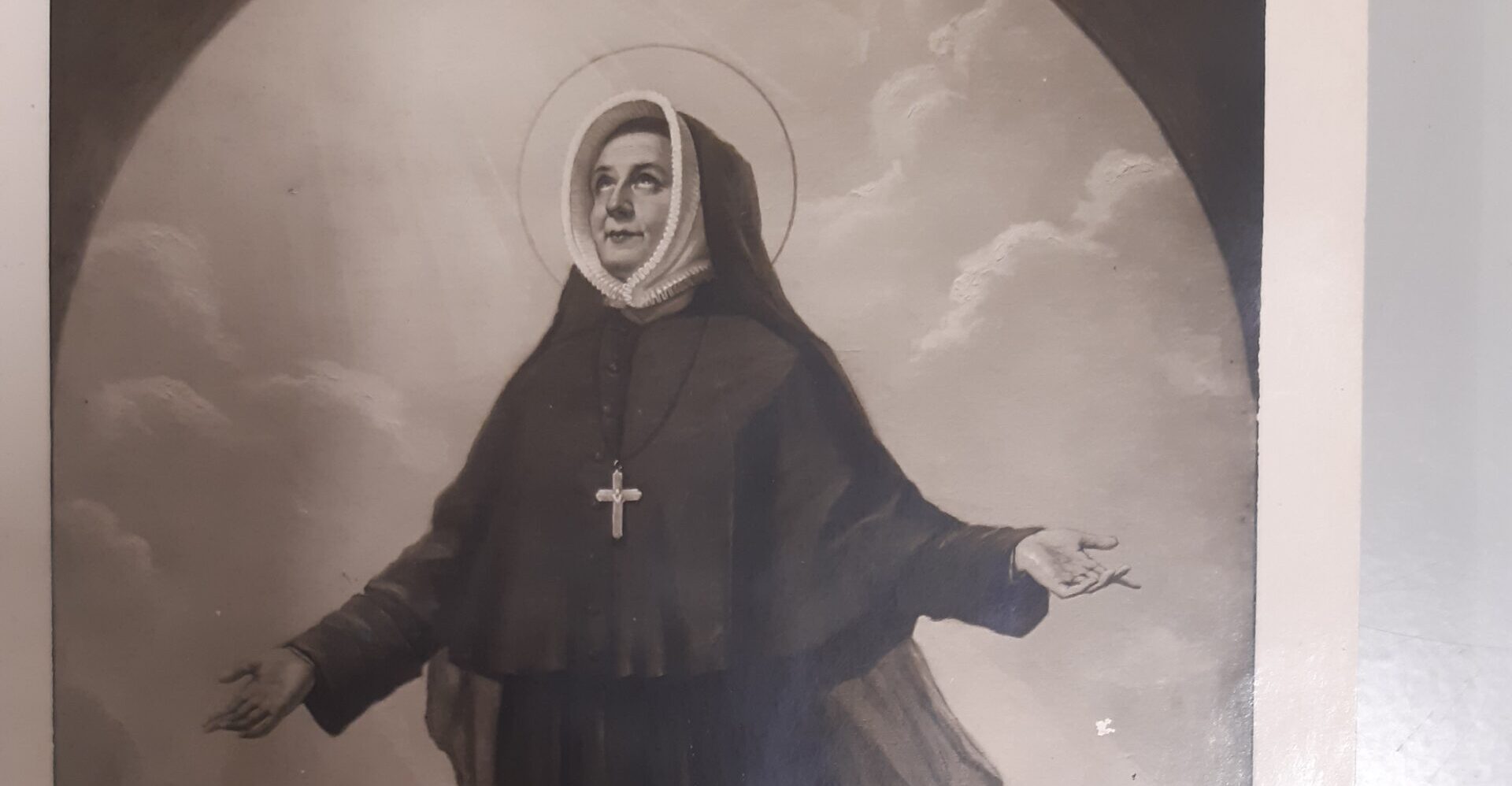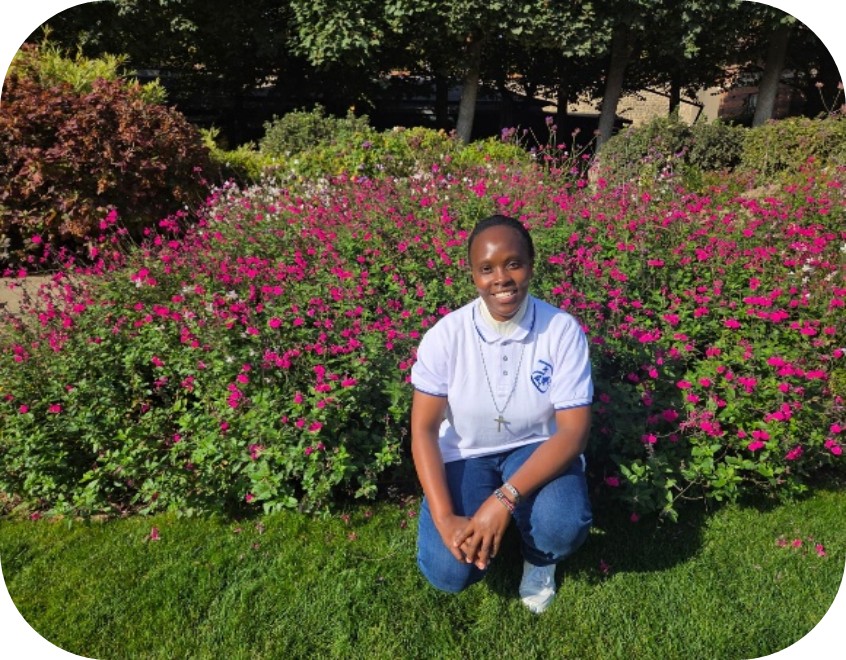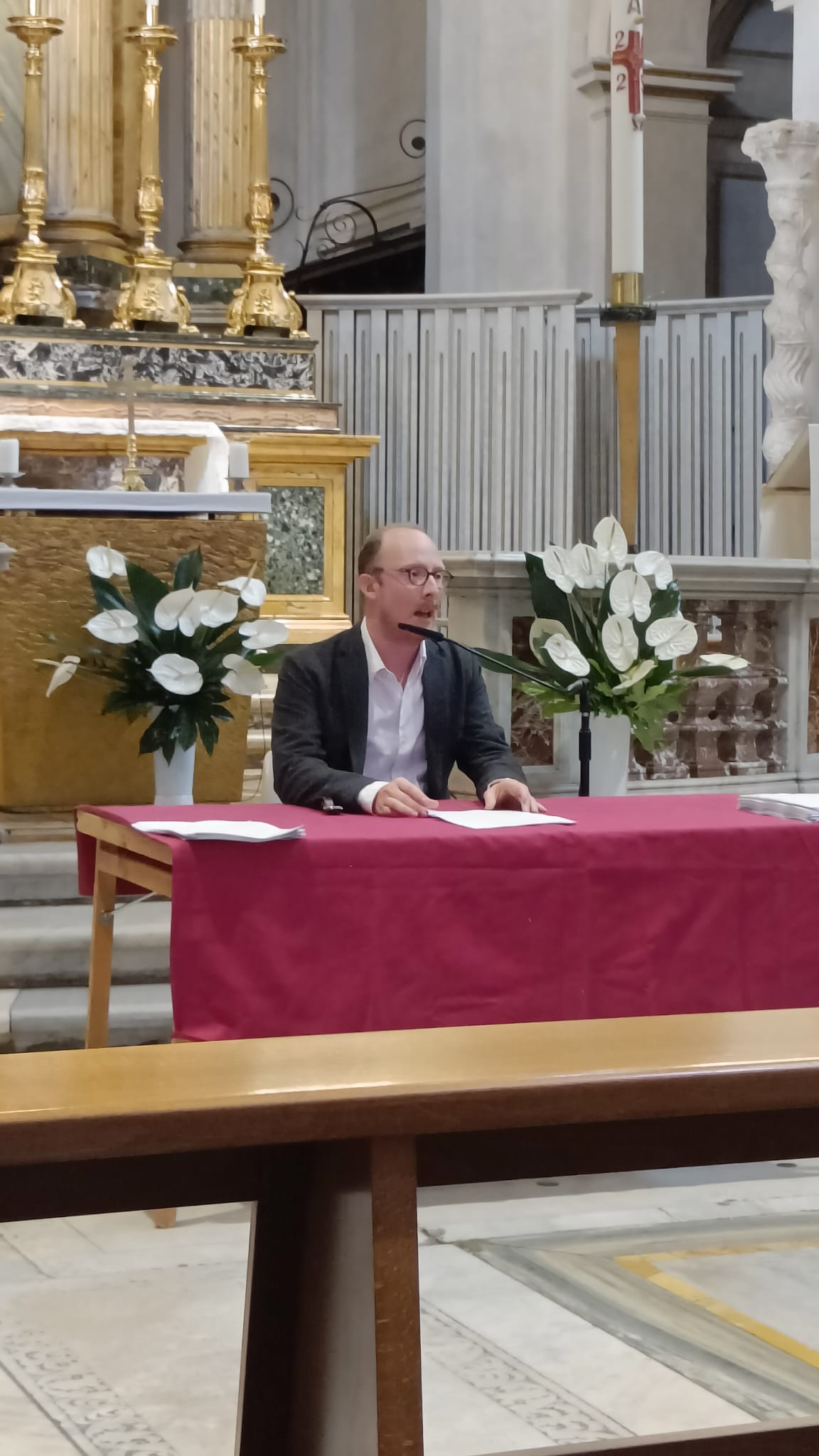The BFN Province has created a monthly series that presents the life and work of Madeleine Sophie and invites us to follow her bold example. Read the installment for the month of May: A woman looking towards the future.
Important dates
- May 25 – Feast of Madeleine Sophie
- May 29, 1818 – Arrival of Philippine and other missionaries in New Orleans
- May 24, 1908 – Beatification of Madeleine Sophie Barat
- May 24, 1925 – Canonization of Madeleine Sophie Barat
Madeleine Sophie?s life
From the very beginning, Madeleine Sophie, like the Jesuit Saint Francis Xavier, had an enthusiasm for distant missions. The New World attracted many migrants in search of a better life. As early as 1818, though not without reflection and hesitation, Madeleine Sophie sent Philippine Duchesne to Louisiana with four other sisters. Little by little the communities multiplied. Then the sisters moved from North America to South America. Today the Society is present in about forty countries on all continents. At the beginning, Madeleine Sophie visited all the missions. Very quickly she realized that she could not do everything and had to delegate some things to other nuns. In order to better understand the world and work towards its transformation, she constantly adapted her formation. In 1863, she founded the juvènat for the religious, a time of deep human and spiritual formation, assured by the religious. Without realizing it, she initiated “ongoing formation”. “The world is changing; let us change too,” she said. The first program of studies of 1805, intended for the students, was periodically reviewed and modified. Likewise, the mission was adapted to the needs and the context: orphanages, institutions for deaf and mute girls, day schools, spiritual exercises…
For prayer
“After this the Lord appointed seventy-two others whom he sent ahead of him in pairs to every town and place he intended to visit. He said to them, “The harvest is abundant but the laborers are few; so ask the master of the harvest to send out laborers for his harvest. Carry no money bag, no sack, no sandals. Into whatever house you enter, first say, ‘Peace to this household.’ Whatever town you enter and they welcome you, eat what is set before you, cure the sick in it and say to them, ‘The kingdom of God is at hand for you.’ The seventy-two returned rejoicing.”
(Luke 10:1-2, 4-5, 8-9, 17)
“The Lord sent them in pairs?: It is often easier to go forward in pairs. Contemplate this journey in pairs. Even today, the reading of the Gospels and prayer invite us to go towards people and places we do not know. Have I ever had this experience? What is my desire to be one of these “workers” of the Lord who prepare the ground?
“First say ‘peace to this household’ and ‘cure the sick’?: In the places where I live, how do we translate “bring peace”? “Healing the sick” is, first of all, “doing good to those in need”: what form does this take in my life?
“The seventy-two returned rejoicing”: Have I experienced that knowing Jesus better, bringing peace, doing good, gives me deep joy? Ask for the grace to experience this joy of Christ’s disciples.
From the writings
“Come on, my good daughters, let’s get to work; no more delays. I count on you to repair this unfortunate breach, to regenerate the Society; you are the reservoir from which we must draw souls strongly tempered in the interior life. Follow with docility the lessons that are lavished on you here with such zeal and say with the prophet: “Lord it is all good that I begin today!”
(Conference on the Interior Mind, August 1844, Jette)
“The unity that makes us strong must be preserved in spirit, in principles, and in the substance of education, with its religious, philosophical and literary character… If we want to do our work, let us remain ourselves. This does not mean, it goes without saying, immobilizing ourselves in a kind of inertia that opposes all progress.?
(Janet Stuart, General Superior, early 20th century)
Texts for today
“We remain convinced that to read the signs of the times in the light of faith and to make choices for our apostolic service, we need enlightened minds and discerning hearts; this also requires us to be ready to risk, to be uprooted, to move to new places for the Kingdom.”
(General Council Report, 1994)
Reference text for Sacred Heart schools in France:
- To look at each young person, at each person, with a loving eye that, beyond appearances, addresses the deepest part of the growing being.
- To develop the whole being harmoniously: body, intelligence, free will, heart, and interiority.
- To offer a teaching that does not oppose faith and reason but combines them harmoniously and teaches students to read the world in its complexity; to make decisions in freedom and responsibility; to be committed to justice and peace; to recognize and be touched by beauty.
- To encourage training in oral, written and artistic expression.
- To give special attention to young people with emotional, intellectual or economic difficulties.
- To create structures that enable each student to reach their maximum potential.
An invitation
The love of the burning heart of Jesus allowed Madeleine Sophie to go towards an interior freedom in the service of the essential.
- What does this invite me to do today?
- Am I ready to put aside secondary concerns, to let obedience to the Spirit grow in me, in order to choose what will lead to more life, to paths that are always open and where God is already bearing fruit?
Section |History|International News
Province |Belgium/France/Netherlands
Our Spirituality |Reflections from Around the World
Tags |Madeleine Sophie|Magdalena Sofía|Saint Madeleine Sophie Barat|Sainte Madeleine Sophie Barat|Santa Magdalena Sofía Barat






